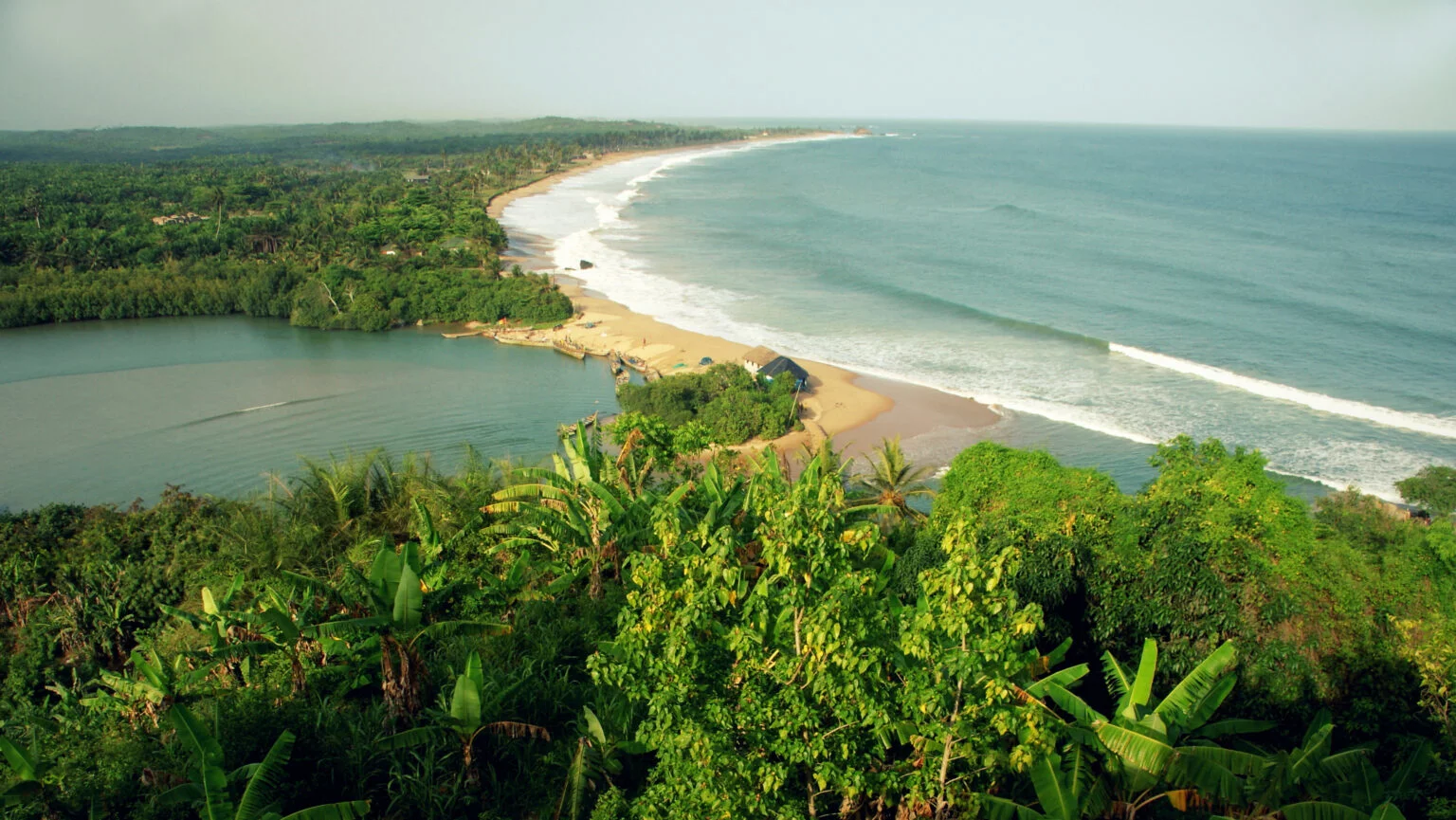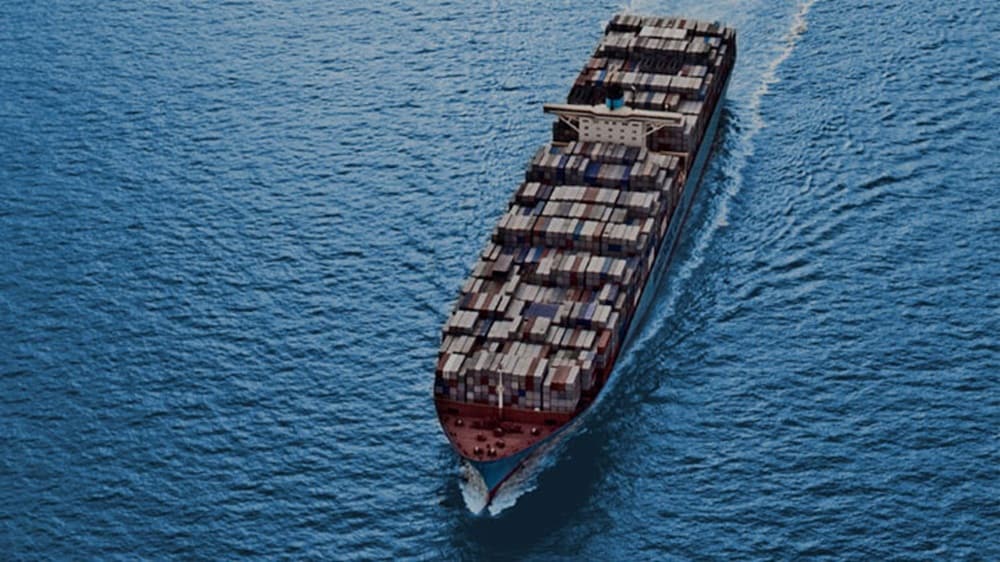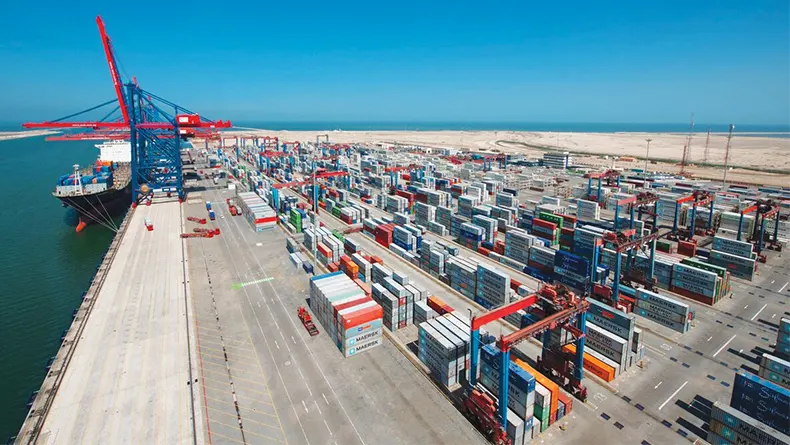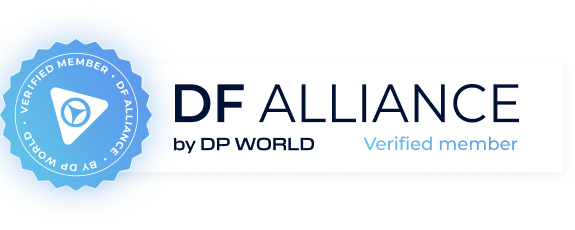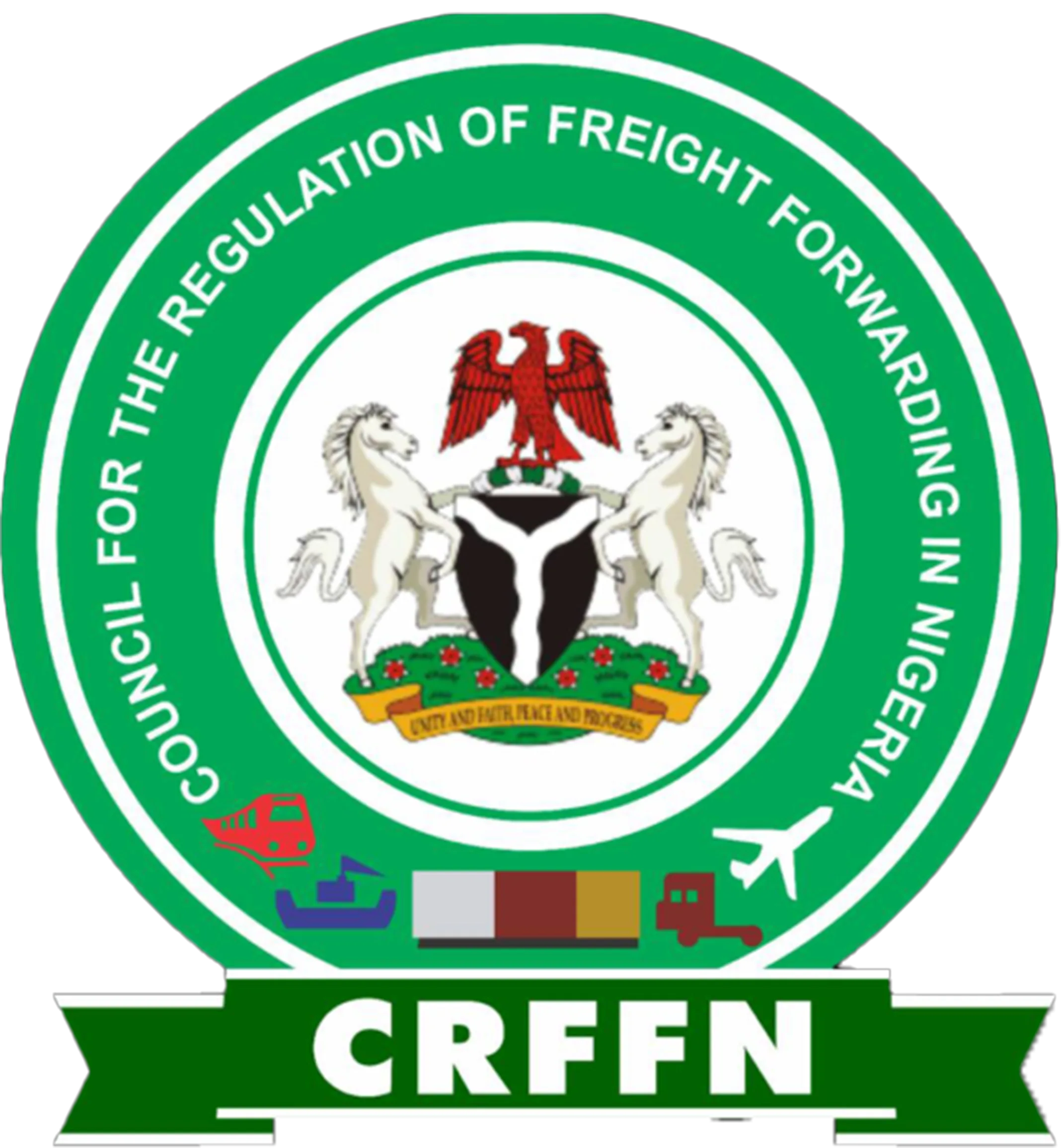Shipping to and from Burkina Faso
Limark has been a trusted partner for Burkinabe businesses, facilitating growth and integration into regional and global trade networks through seamless logistics solutions. Leveraging our deep understanding of Burkina Faso’s unique trade landscape and regulatory environment, we offer end-to-end services tailored to your specific needs.
Whether you’re exporting Burkina Faso’s gold, cotton, or livestock, or importing essential goods and equipment, our extensive network and strategic partnerships ensure efficient and reliable movement of your cargo across borders, unlocking new opportunities for your business to thrive in West Africa and beyond.

Import regulations
Importing goods to Burkina Faso requires navigating specific procedures and documentation. Here’s a breakdown of the essential requirements:
Product categories requiring import licenses/permits
Food and Agricultural Products
- Imports of meat, dairy products, fish, grains, fruits, and vegetables require import permits from the Ministry of Commerce, Industry, and Handicrafts (MCIA).
- Phytosanitary certificates are required for plants and plant products to ensure they are free from pests and diseases.
- Import licenses are necessary for specific products like sugar, rice, and vegetable oils to regulate supply and stabilize prices.
- Alcohol requires authorization from the Ministry of Health (MoH).
- Tobacco products require authorization from the Ministry of Economy and Finance.
Pharmaceuticals and Medical Devices
- Importation of pharmaceuticals and medical devices is regulated by the MoH.
- Import permits and product registration are mandatory.
- Medicines must comply with Good Manufacturing Practices (GMP).
- Medical devices must meet relevant technical standards and be registered with the MoH.
Chemicals and Hazardous Materials
- The Ministry of Environment and Sustainable Development (MEDD) regulates the import of chemicals and hazardous materials.
- Import permits are required, and detailed safety data sheets (SDS) must be submitted.
- Proper packaging, labeling, and transportation regulations must be adhered to.
Vehicles and Spare Parts
- The Ministry of Infrastructure regulates the import of vehicles and spare parts.
- Import permits are required for vehicles.
- Age and emission standards apply to used vehicles.
- Conformity certificates from accredited bodies may be required for vehicles and spare parts.
Other Regulated Products
Additional import licenses or permits may be required for specific products like:
- Telecommunications equipment
- Explosives
- Firearms and ammunition
- Used clothing and footwear
- Wildlife and wildlife products
- Prohibited and Restricted Imports:
Prohibited
- Narcotic drugs and psychotropic substances
- Pornographic and obscene materials
- Counterfeit and pirated goods
- Hazardous waste (Basel Convention)
- Ozone-depleting substances (Montreal Protocol)
- Used tires
- Asbestos
- Products originating from Israel
- Ivory
- Restricted (require special permits):
- Live animals and animal products (require health certificates)
- Plants and plant products (require phytosanitary certificates)
- Alcohol and tobacco products (subject to high excise taxes)
- Firearms and ammunition
- Explosives
- Radioactive materials
Relevant agencies
- Customs Directorate (Direction Générale des Douanes)
- Ministry of Commerce, Industry, and Handicrafts (MCIA)
- Ministry of Agriculture
- Ministry of Health (MoH)
- Ministry of Environment and Sustainable Development (MEDD)
- Ministry of Infrastructure
- National Agency for Pharmaceutical Products (ANPP)
Free Time
- Typically, 10 days for general cargo and 21 days for containerized cargo after discharge.
- Varies depending on the shipping line and port (usually Abidjan or Lomé).
Demurrage charges
- Applied when the free time is exceeded at the port.
- Calculated per container, per day.
- Rates vary depending on the shipping line, container size, and time elapsed.
Detention charges
- Applied when the container is held beyond the agreed-upon time for return to the shipping line after being picked up from the port.
- Separate from demurrage charges.
- Rates vary depending on the shipping line and container size.
Storage Limitations
- Port terminals have limited storage capacity.
- Containers not cleared within the allowed time are moved to an off-dock depot at the importer’s expense.
Calculation Methods
Demurrage and detention charges are calculated based on calendar days, including weekends and public holidays.
Commercial Invoice
- Detailed description of goods (including HS codes)
- Quantity, weight, and unit price of goods
- Total invoice value (in USD or XOF)
- Incoterms (International Commercial Terms)
- Payment terms
- Consignee and consignor details
Packing List
- Detailed list of all items in each package
- Description, quantity, weight, and dimensions of each item
- Package markings and numbers
Bill of Lading/Airway Bill
- Evidence of the contract of carriage between the shipper and carrier
- Details of the shipment, including the consignee, consignor, and port of loading/discharge
Certificate of Origin
- Declares the origin of the goods
- Issued by the Chamber of Commerce in the exporting country
- May be required for preferential tariff treatment under trade agreements (e.g., ECOWAS)
Import Declaration Form (IDF)
- Submitted through the ASYCUDA World system
- Requires detailed information about the shipment and importer
- Import License/Permit (for regulated goods):
- Issued by the relevant government agency
Other Certificates
- Phytosanitary certificate (for plants and plant products)
- Health certificate (for animals and animal products)
- Certificate of analysis (for chemicals and food products)
- CITES permit (for endangered species)
Import Licenses and Permits
-
Identify the Regulating Agency
- Determine the specific ministry or agency responsible for your goods based on the product category.
-
Gather Required Documents
- Proforma invoice or commercial contract
- Technical specifications and data sheets (if applicable)
- Certificates of origin, analysis, quality, etc.
- Business registration documents (for companies)
- Taxpayer identification number (NIF)
-
Submit Application
- Complete the import permit application form.
- Submit the application along with required documents and fees to the relevant agency.
- Applications are typically submitted in person.
-
Processing and Approval
- The application will be reviewed and processed by the agency.
- Processing times vary but can take several weeks.
- If approved, the import permit will be issued.
-
Validity and Renewal
- Validity periods vary depending on the product and agency.
- Renewal procedures involve submitting a new application with updated documents before the expiry date.
-
Costs
- Import permit fees vary depending on the product and agency.
- Additional costs may include inspection fees and testing fees.
Customs clearance procedures
-
Pre-Shipment Inspection (PSI)
- Mandatory for most commercial shipments valued over XOF 3,000,000 (around USD 5,000).
- Conducted by authorized inspection companies in the country of origin.
- Verifies the quality, quantity, and value of goods.
-
Arrival and Unloading
- Vessel or aircraft arrives at the port of entry (usually Abidjan or Lomé).
- Cargo is unloaded and transported to Burkina Faso under customs control.
-
Document Lodgement and Declaration
- Importer or their agent lodges import documents (commercial invoice, packing list, bill of lading, etc.) with customs in Burkina Faso.
- Electronic declaration is submitted through the ASYCUDA World system.
-
Assessment and Payment
- Customs verifies the documents and assesses import duties, taxes, and fees.
- Payment is made through a local bank.
-
Inspection (if required)
- Customs may select shipments for physical inspection based on risk assessment.
-
Release of Goods
- If the shipment complies with all regulations and requirements, and duties/taxes are paid, customs releases the goods.
Port/Terminal operations
Major Seaports
Burkina Faso is landlocked, so imports are typically routed through the ports of Abidjan (Côte d’Ivoire) or Lomé (Togo).
Air Cargo Hub
Ouagadougou Airport: The main airport for air cargo imports.
Cut-off Dates
- Vary depending on the shipping line and destination.
- Confirm with your shipping agent or freight forwarder well in advance.
Documentation Requirements at Terminals
- Ensure all required documents are submitted electronically through ASYCUDA World before the shipment arrives at the port of entry.
- Original documents may be required for verification at the terminal.
Container Pickup/Drop-off and Storage
- Coordinate with your shipping agent or freight forwarder for container pickup and drop-off procedures at the port of entry.
- Be aware of free time limitations and potential demurrage/detention charges.
Disclaimer: This information is based on the latest available data and may be subject to change. Always consult with relevant authorities and experts for the most up-to-date and accurate information.
Export regulations
Get a detailed guide that provides an in-depth look into every aspect of the export process to ensure your goods are shipped efficiently and in compliance with all legal standards.
Product Categories Requiring Export Licenses/Permits
Gold
- Burkina Faso is a significant gold producer, and the export of gold is regulated by the Ministry of Mines and Quarries.
- Exporters must obtain an export license from the ministry and comply with specific documentation requirements.
- The government has implemented measures to combat illegal gold mining and smuggling.
Cotton
- Cotton is another major export commodity in Burkina Faso.
- Export licenses are required from the SOFITEX (Société Burkinabè des Fibres Textiles) to control quality and ensure compliance with international standards.
Livestock (Cattle, Sheep, Goats)
- Export of live animals requires permits from the Ministry of Animal Resources.
- Health certificates and veterinary inspections are necessary to prevent the spread of animal diseases.
Sesame Seeds
- Exporting sesame seeds may require permits from the Ministry of Commerce, depending on the quantity and destination.
Prohibited or restricted for export
Prohibited
- Narcotic drugs and psychotropic substances
- Pornographic and obscene materials
- Counterfeit and pirated goods
- Hazardous waste (Basel Convention)
- Ozone-depleting substances (Montreal Protocol)
- Weapons and ammunition (except with authorization from the Ministry of Defense)
- Restricted (require special permits):
- Endangered species and products (CITES permits required)
- Live animals and animal products without proper health certificates
- Plants and plant products without phytosanitary certificates
- Art and cultural artifacts (require export permits from the Ministry of Culture)
- Certain minerals and gemstones
Required Documents
- Commercial Invoice: Detailed description of goods (including HS codes), quantity, weight, value (in USD or XOF), Incoterms, payment terms, and complete details of the consignee and consignor.
- Packing List: Itemized list of goods in each package, including description, quantity, weight, dimensions, and package markings.
- Bill of Lading/Airway Bill: Evidence of the contract of carriage between the shipper and carrier, with details of the shipment, consignee, consignor, and port of loading/discharge.
- Certificate of Origin: Issued by the Chamber of Commerce, Industry, and Crafts of Burkina Faso (CCIACB), declaring the origin of the goods. It may be required for preferential tariff treatment under trade agreements (e.g., ECOWAS).
- Export Declaration (EXD): Electronic declaration submitted through the Sydonia World system, providing detailed information about the shipment.
- Export License/Permit (if applicable): Issued by the relevant government agency.
Export Declaration Process (through Sydonia World)
- Register as an exporter on the Sydonia World platform.
- Prepare and submit the EXD electronically through Sydonia World.
- Customs verifies the declaration and supporting documents.
- If compliant, customs approves the export and issues an export authorization.
Required Export Certificates
- Phytosanitary Certificate (for plants and plant products): Issued by the Directorate of Plant Protection (DPP).
- Health Certificate (for live animals and animal products): Issued by the Directorate of Veterinary Services (DVS).
- Certificate of Analysis: May be required for specific products like gold to verify quality and purity.
Major Ports
Burkina Faso is a landlocked country, so exports are typically routed through the following ports:
- Port of Abidjan (Côte d’Ivoire): The main transit port for Burkina Faso exports.
- Port of Tema (Ghana): An alternative transit port for some exporters.
- Port of Lomé (Togo): Another option for transit, especially for goods destined for Europe.
Cut-off Times and Procedures
- Vary depending on the shipping line and port of destination.
- Confirm with your shipping agent or freight forwarder well in advance.
- Procedures typically include document submission, customs clearance, security screening, and container loading.
Container Storage and Free Time
- Limited container storage is available at the transit ports.
- Free time for storage varies depending on the port and shipping line.
- Storage fees apply after the free time expires.
Returning Empty Containers
- Coordinate with your shipping line or agent to return empty containers to the designated depot.
- Failure to return containers on time may result in detention charges.
Duties, Taxes, and Fees
Export Duties: Generally, Burkina Faso does not impose export duties on most goods. However, there may be specific taxes on certain products like minerals and livestock.
Other Fees: Customs processing fees, document handling charges, terminal handling charges, storage fees (if applicable), and any specific taxes or levies related to the exported product.
Disclaimer: This information is based on the latest available data and may be subject to change. Always consult with relevant authorities and experts for the most up-to-date and accurate information.
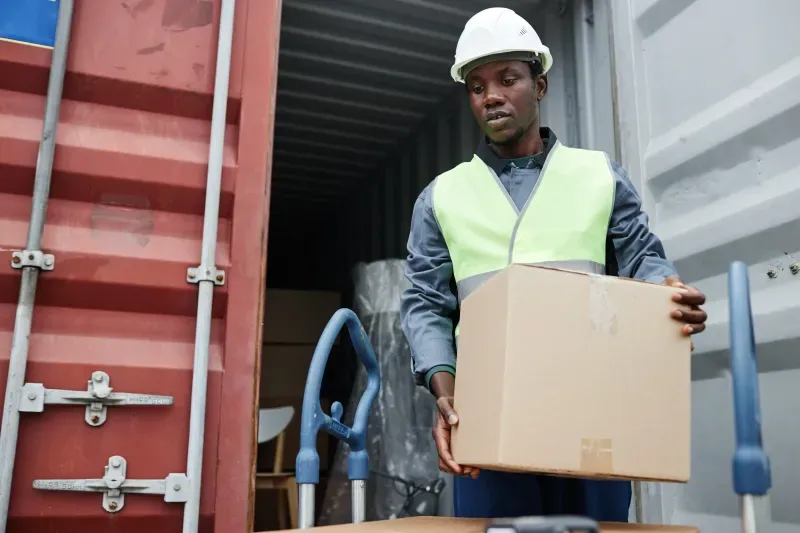
Expertise You Can Trust
Seamless cross-border shipping to and from Burkina Faso
Navigating Burkina Faso’s trade regulations can be a daunting task, but Limark is your trusted partner in simplifying the process. Our in-depth knowledge of local laws and customs procedures ensures your shipments move seamlessly and efficiently, avoiding costly delays and potential disruptions.
Our expanding presence in Burkina Faso is a testament to our commitment to providing reliable and cost-effective shipping services to and from Burkina Faso. Our team of experienced local supply chain experts, coupled with our robust infrastructure, guarantees efficient operations and optimal cost savings for your business. Contact our team to request a quote, book, or learn more about our shipping services to and from Burkina Faso.
Get Expert Guidance
Contact our regional experts
Partner with experienced freight forwarders and customs brokers for seamless shipping to and from Burkina Faso. Ensure full documentation compliance with the guidance and logistics services of our team.
Sales enquiries
We’re happy to talk to you about your shipment needs anytime. Please get in touch with us.
Ready to ship?
Get your shipment moving faster. Request a quote today for our end-to-end supply chain services.
Other African Countries
